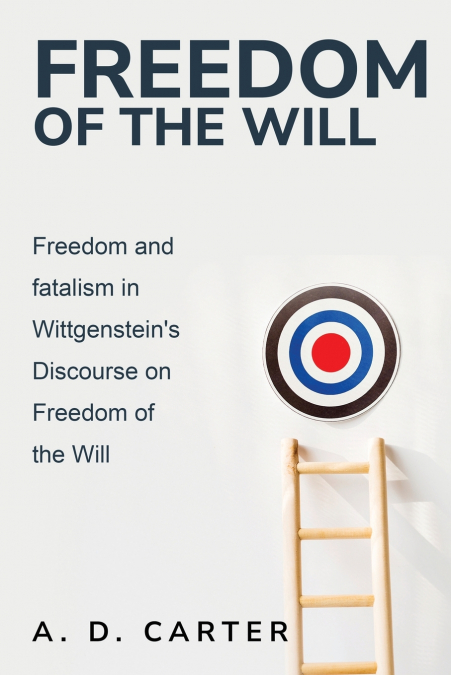
 Donde los libros
Donde los libros
 Librería 7artes
Librería 7artes
 Librería Elías (Asturias)
Librería Elías (Asturias)
 Librería Kolima (Madrid)
Librería Kolima (Madrid)
 Librería Proteo (Málaga)
Librería Proteo (Málaga)
This seeks to demonstrate the continuing relevance of Wittgenstein’s approach to the problem of freedom of the will, primarilyas expounded in his 'Lectures on Freedom of the Will' (LFW). My overall aim is to show how Wittgenstein works to reconfigure the debatesabout freedom of the will so that it can be confronted as the kind of problem he thinks it ultimately is: an ethical and existential problem. Notpublished until 1989, the LFW have received scant critical attention. I argue that Wittgenstein’s approach is highly distinctive in a way thatmakes it significantly less vulnerable than its closest cousins to certain powerful lines of critical attack. Chapter One brings out thedistinctiveness of the LFW, especially vis-à-vis a putatively Wittgensteinian form of compatibilism, exemplified by Kai Nielsen.Albeit in different ways, Wittgenstein and Nielsen are both concerned to show why being caused to act, e.g. by the laws of nature, does not equateto being compelled to act, e.g. against one’s will. Unlike Nielsen, however, Wittgenstein further recognises that showing the compatibilityof freedom and natural laws establishes no more than the logical consistency of holding people responsible, given determinism, and socannot itself constitute a defence of our practices. Chapter Two introduces, as a still closer comparison with Wittgenstein, P. F. Strawson’spractice-based defence of interpersonal, ’reactive’ attitudes (e.g. feelings of resentment, gratitude, etc.).